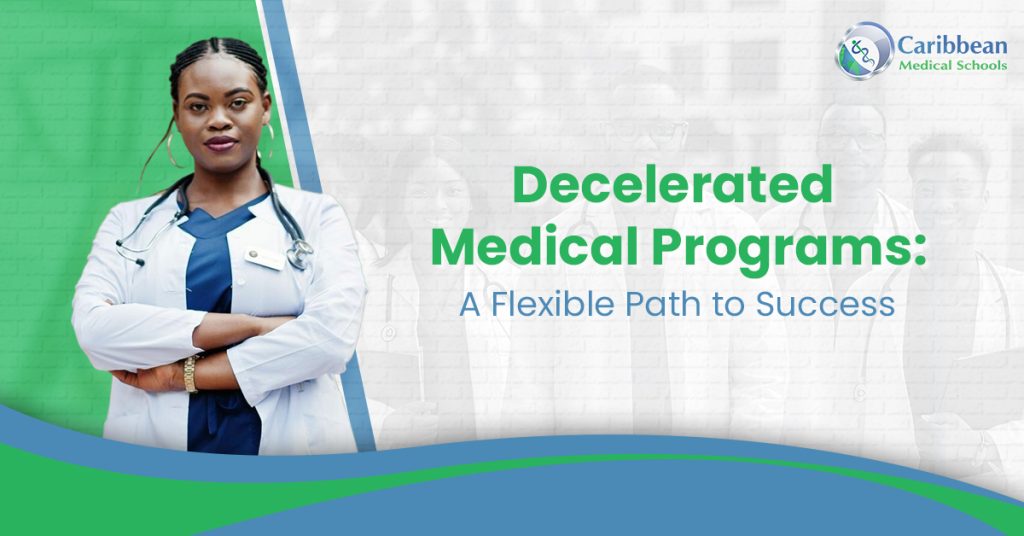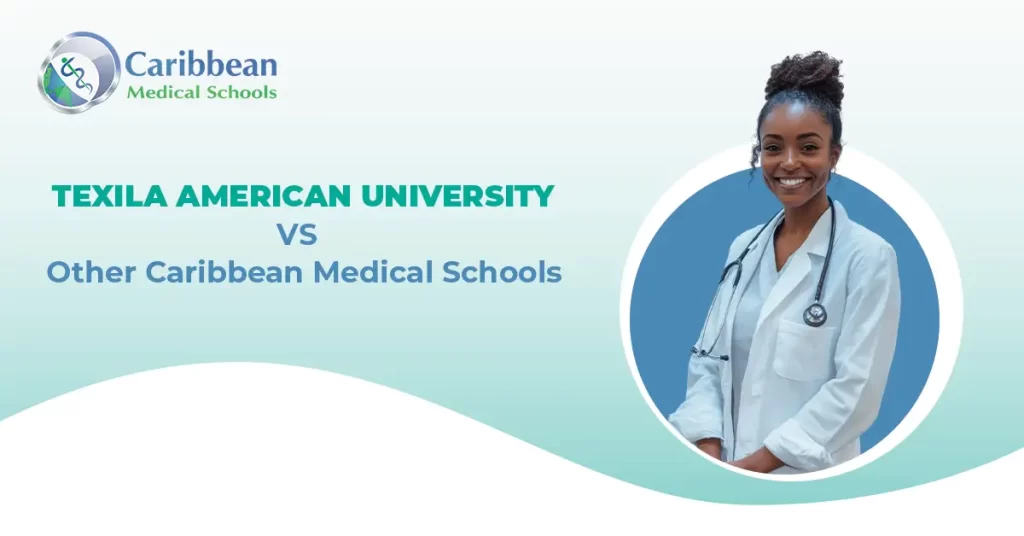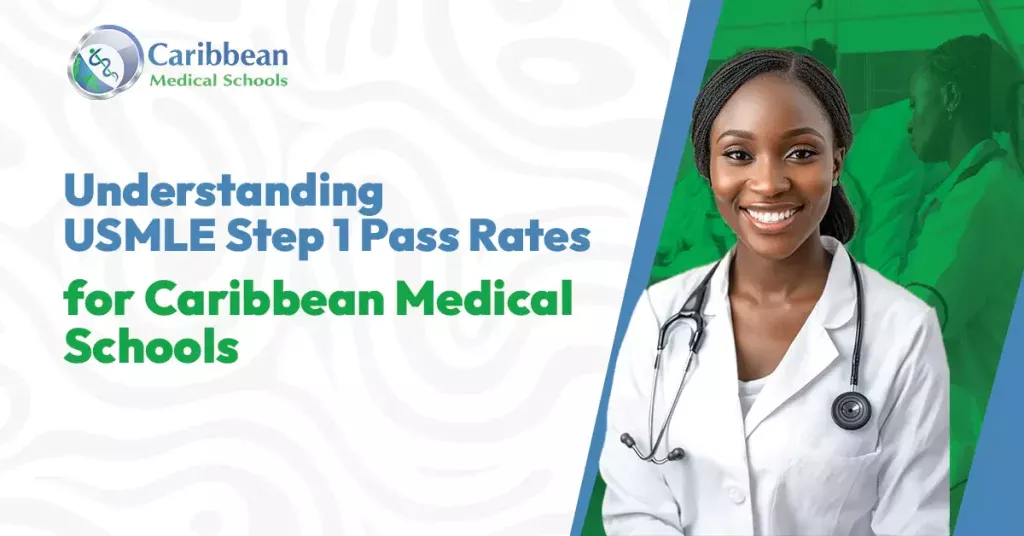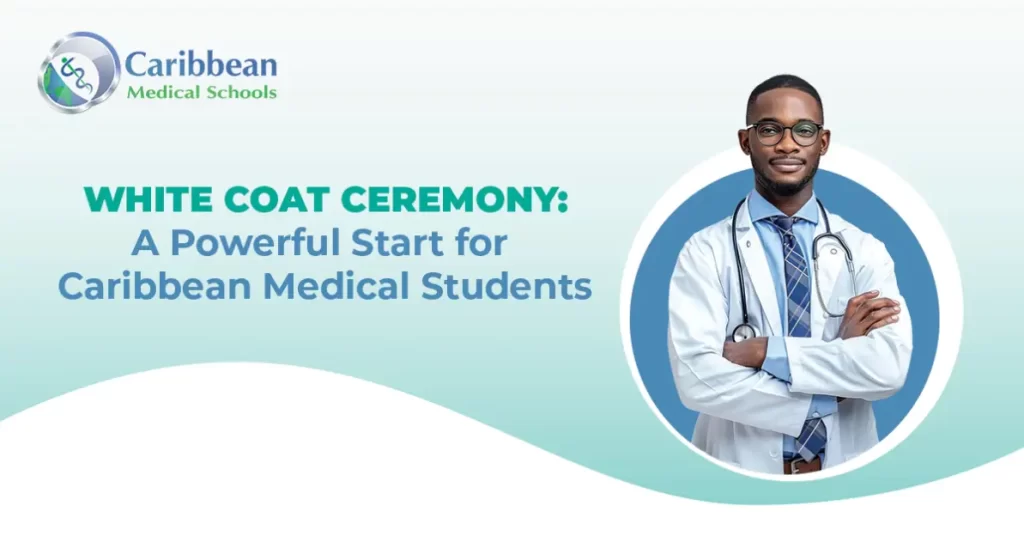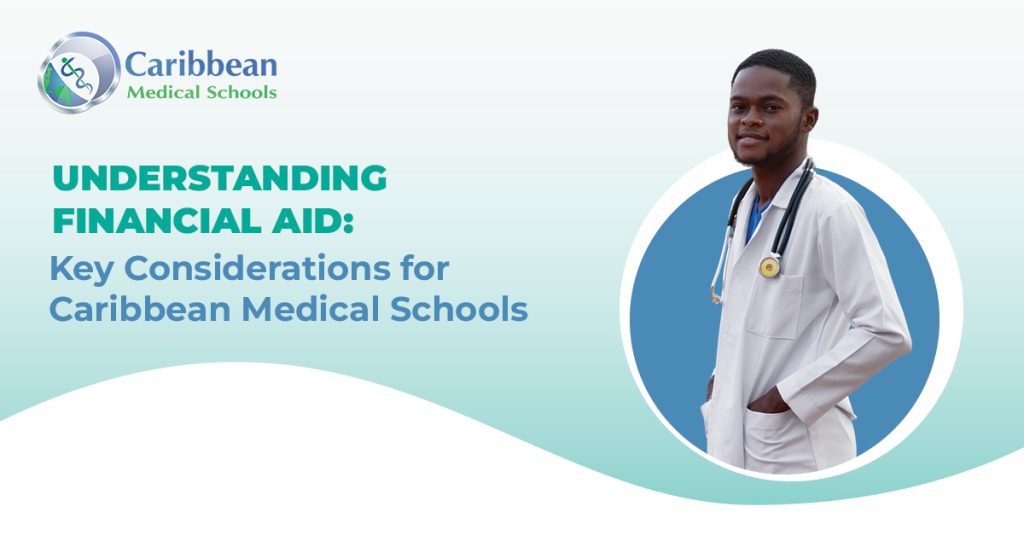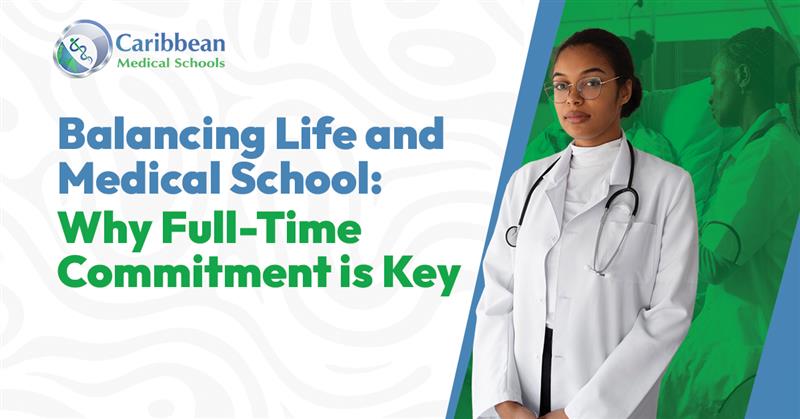Blog Summary
Decelerated medical programs offer aspiring physicians a more flexible and sustainable path to becoming doctors. In this blog, we explore how these programs work, who they are ideal for, and why Caribbean medical schools are increasingly becoming the top choice for students seeking personalized pacing without compromising the quality of education.
- Introduction
- What Are Decelerated Medical Programs?
- Who Should Consider a Decelerated Path?
- Benefits of Decelerated Medical Programs
- Caribbean Medical Schools Leading the Way
- Academic Quality Without the Rush
- Student Life and Support Services
- Admission Requirements and Application Tips
- Is a Decelerated Program Right for You?
- FAQ
- Final Thoughts
Introduction
Choosing a path in medicine is a noble and ambitious goal. But the path to becoming a doctor is not a one-size-fits-all journey. Life circumstances, personal learning styles, and mental health needs vary from student to student. That’s where decelerated medical programs come into play — offering an alternative route tailored to the individual.
At CaribbeanMedicalSchool, we help students discover top-tier Caribbean medical schools that offer flexible medical education options like decelerated or extended MD programs. These programs are thoughtfully designed to ensure students can excel academically without sacrificing personal well-being.
What Are Decelerated Medical Programs?
A decelerated medical program is a flexible alternative to the traditional 4-year Doctor of Medicine (MD) degree. Instead of compressing rigorous coursework into a tight schedule, these programs allow students to complete their studies over 5 to 6 years, offering more breathing room to learn and grow.
While the curriculum mirrors the content and quality of a standard MD program, the extended timeline allows students to pace themselves according to their personal, academic, or professional needs. Decelerated programs offer a supportive structure without compromising educational standards, whether due to family responsibilities, a return to school after a career change, or the need for a more gradual learning approach.
For example, the basic sciences phase—typically completed in two years—is decelerated over three years. This provides students more time to study subjects like anatomy, pathology, and pharmacology while also offering additional preparation time for key exams like the USMLE Step 1.
At its core, a decelerated MD program recognizes that medical success isn’t about speed but mastery, confidence, and well-being.
Who Should Consider a Decelerated Path?
Decelerated programs aren’t just for students with academic challenges. They are ideal for:
- Career changers returning to school after years in a different profession
- Non-traditional students juggling work or family commitments
- Students with learning differences who benefit from slower-paced education
- International students adjusting to a new educational system
- Those prioritizing mental health and wellness
If you value understanding over cramming, this route could be a strong foundation for long-term achievement.
Benefits of Decelerated Medical Programs
Let’s explore the many advantages of choosing a decelerated path:
✅ Personalized Learning Pace
Students learn at different speeds. A decelerated program offers the flexibility to absorb complex medical content without feeling rushed, leading to deeper understanding.
✅ Improved Academic Performance
Less pressure means more mental clarity. With a manageable workload, students often perform better in assessments and standardized exams such as the USMLE Step 1 and Step 2 CK.
✅ Enhanced Retention and Mastery
These programs promote long-term knowledge retention, preparing students for exams and real-life clinical applications.
✅ Better Work-Life Balance
A decelerated program makes it easier to balance academics with jobs, family, or health. Students can continue to grow professionally and personally without sacrificing their education.
✅ Higher Step 1 Pass Rates
More time to study means a firmer grasp of concepts. Students in decelerated tracks are often better prepared and more confident when taking major licensing exams.
✅ Reduced Burnout and Better Mental Health
The slower pace can significantly reduce stress and anxiety. With support systems, students can focus on learning while maintaining their mental well-being.
For many, this approach reduces stress and improves academic and personal outcomes.
Caribbean Medical Schools Leading the Way
Caribbean medical schools have long been pioneers in offering flexible and student-centred education. Many of them provide decelerated MD programs that rival — and often exceed — traditional North American models in support, structure, and accessibility.
At CaribbeanMedicalSchools.com, we connect students to accredited Caribbean medical schools that offer extended-track programs without compromising quality. These include institutions that provide:
- USMLE-focused curricula
- Clinical rotations in the US and Canada
- State-of-the-art campuses and labs
- Dedicated student advisors and mental health services
Academic Quality Without the Rush
Just because you’re taking a slower path doesn’t mean you’re getting a lesser education. Most decelerated MD programs maintain the same curriculum and standards as traditional programs but only spread over more semesters.
This format ensures you’re fully prepared for:
- Step 1 and Step 2 CK licensing exams
- Hands-on clinical training
- Residency placement in the US, Canada, or your home country
Many students in decelerated programs outperform their peers in key exams simply because they have more time to build a solid foundation.
Student Life and Support Services
Decelerated students often benefit from enhanced academic advising and peer support. Caribbean medical schools understand that students on this path may have unique challenges, and they respond with the following:
- Academic mentorship programs
- Flexible scheduling and course selection
- Tutoring and USMLE prep support
- Career planning and residency counseling
You’ll never feel alone on this journey.
Admission Requirements and Application Tips
Most Caribbean medical schools offering decelerated tracks have similar entry requirements to their standard MD programs:
- A bachelor’s degree or equivalent (science background preferred)
- Transcripts, letters of recommendation, and personal statement
- English proficiency test scores (for non-native speakers)
- MCAT scores (optional at some schools)
Application Tip: In your personal statement, highlight why a decelerated path is ideal for your goals. Emphasize your commitment to medicine and how this approach will help you become a better, more focused doctor.
Is a Decelerated Program Right for You?
Ask yourself:
- Do I need more time to grasp scientific concepts deeply?
- Am I balancing school with work, family, or other obligations?
- Have I experienced burnout in fast-paced academic environments?
- Do I value mental health, reflection, and quality of learning?
If you answered “yes” to any of these, a decelerated medical program could be your best option.
FAQ
Final Thoughts
A decelerated medical program isn’t a “slower” route — it’s more innovative and sustainable for many students. It allows you to thrive academically, preserve your emotional strength, and build a strong foundation for a fulfilling medical career.
At CaribbeanMedicalSchools.com, we believe in empowering future doctors by matching them with schools that value flexibility, quality, and student success. Whether you’re a career changer, a non-traditional student, or simply learning better at your own pace, a decelerated program could be your perfect fit.

